
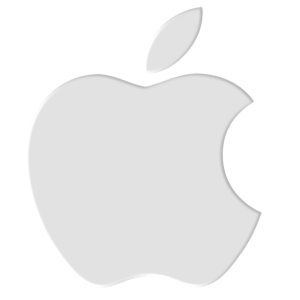



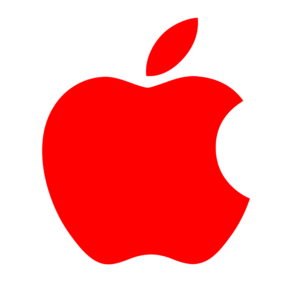
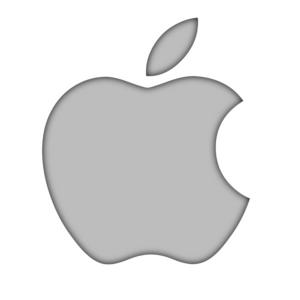
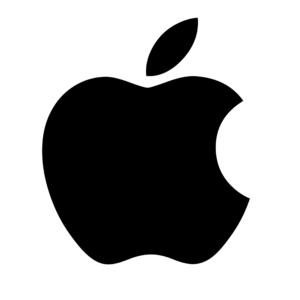



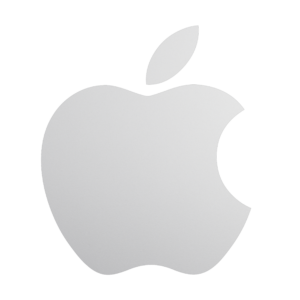
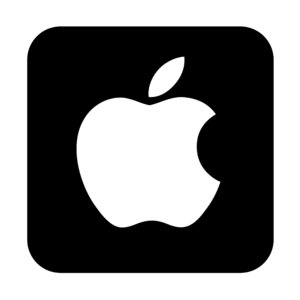
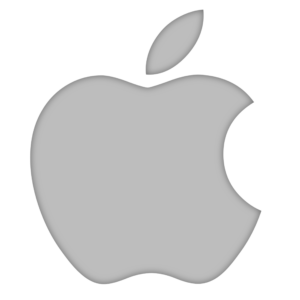
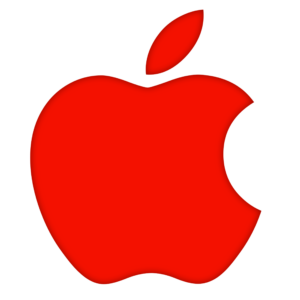
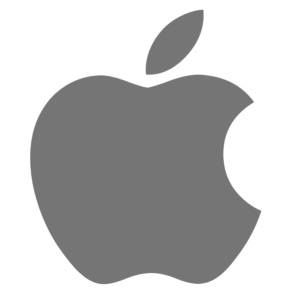
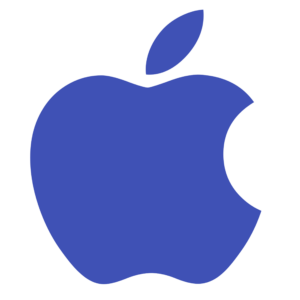

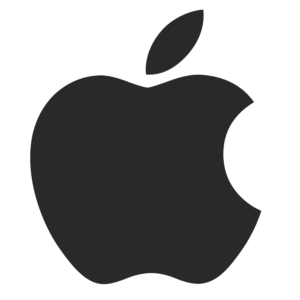
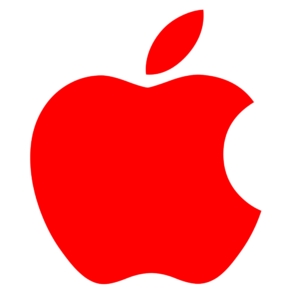

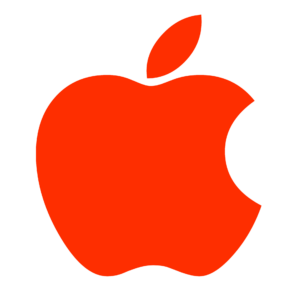
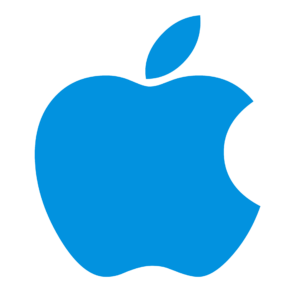


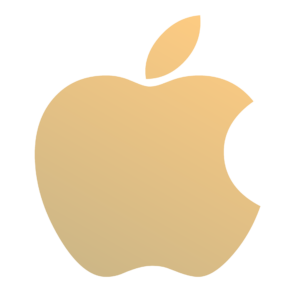

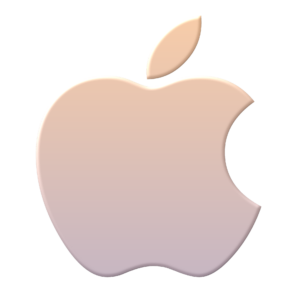

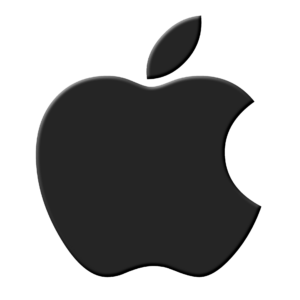

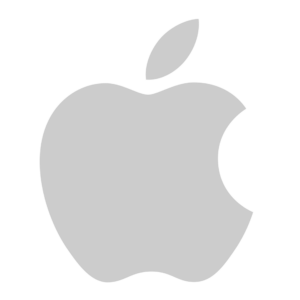

In the modern world, few companies have left as indelible a mark on technology, design, and consumer culture as Apple Inc. Founded in 1976 by Steve Jobs, Steve Wozniak, and Ronald Wayne, Apple has evolved from a garage startup to a global powerhouse, consistently pushing the boundaries of innovation and setting new standards in various industries.
Apple’s journey began with the release of the Apple I computer in 1976 when personal computers were in their infancy. However, the Apple II marked the company’s entry into the mainstream, making personal computing accessible to a broader audience. Yet, the release of the Macintosh in 1984 showcased Apple’s commitment to revolutionary design and user-friendly interfaces.
The company’s innovation trajectory continued with the iPod in 2001, which revolutionized the way music was consumed, followed by the iPhone in 2007, transforming mobile communication and setting the stage for the smartphone era. The iPad, introduced in 2010, pioneered the tablet market, offering a new way to consume content and redefine productivity. In recent years, Apple has ventured into services such as Apple Music, Apple TV+, and Apple Arcade, diversifying its offerings while maintaining a seamless ecosystem.
One of Apple’s hallmarks is its dedication to design aesthetics and user experience. The company’s products are recognized for their sleek, minimalist designs, intuitive interfaces, and attention to detail. The user-centric approach has garnered a loyal customer base and influenced the entire tech industry, encouraging competitors to prioritize design and usability.
Apple’s impact on society reaches far beyond technology. The introduction of the iPhone not only transformed communication but also led to the rise of the app economy, enabling countless entrepreneurs to develop innovative applications and services. The App Store created an ecosystem that empowered developers and changed how people interact with software. Apple’s commitment to environmental sustainability and ethical manufacturing has also raised the bar for corporate responsibility.
Apple’s products have not only transformed industries but have become cultural icons. The distinctive shape of an iPhone or the glowing Apple logo on a MacBook is instantly recognizable. Apple’s marketing campaigns, from the “Think Different” campaign to the “Shot on iPhone” series, have left a lasting imprint on popular culture, emphasizing creativity, diversity, and individuality.
While Apple has enjoyed remarkable success, it hasn’t been without its challenges and criticisms. Some critics argue that the company’s closed ecosystem limits user freedom, while others point to concerns regarding data privacy and monopolistic practices, especially about the App Store. Balancing innovation with ethical considerations and competition remains a complex task for the company.
Apple’s legacy is one of innovation, disruption, and influence. Its products have changed how people communicate, work, and entertain themselves. As the company continues developing new technologies such as augmented reality, advanced AI, and renewable energy solutions, it will likely remain at the forefront of technological advancement.
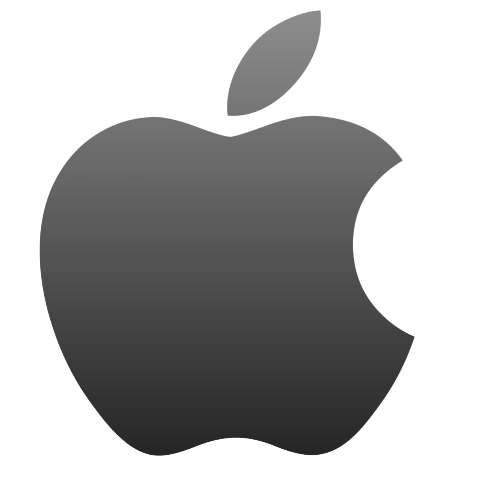






Leave a Comment